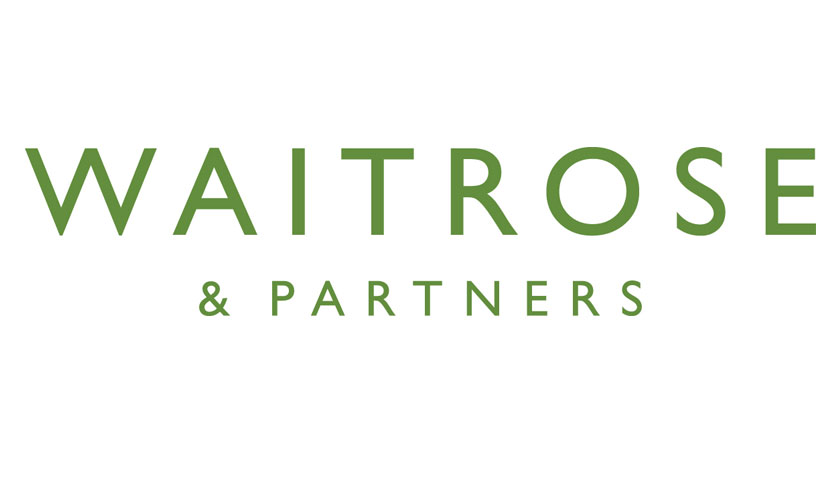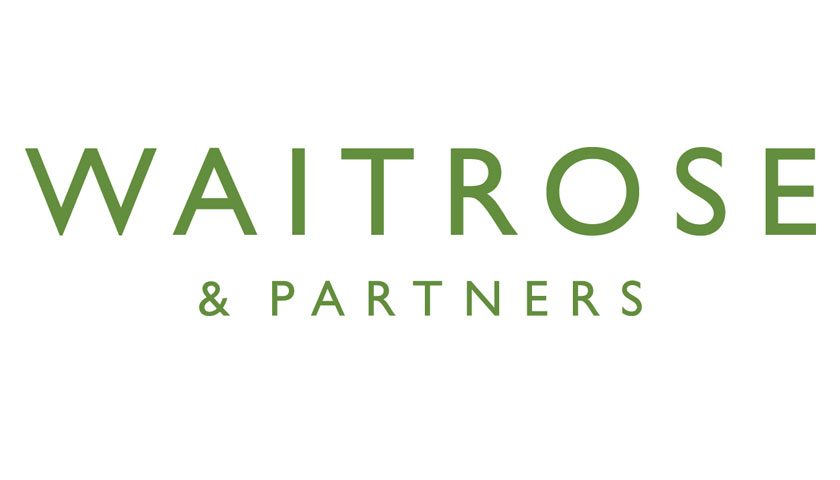Waitrose details a number of initiatives it has launched to support its most vulnerable suppliers during the COVID-19 pandemic.
As well as supporting British producers and farmers, the supermarket is helping the most vulnerable communities in developing countries that supply food and other products through the Waitrose Foundation.
Among its initiatives, Waitrose will be providing:
-
Financial aid to its most vulnerable global farming communities – Waitrose has unlocked £200k from the Waitrose Foundation Global Fund to support its overseas farming communities in response to the COVID-19 crisis, focusing on the most vulnerable countries and communities within the supermarkets’ food supply chain. Among other benefits, this will help provide much needed communication about social distancing advice as well as provide sanitation kits and food parcels for the communities that grow, pick and pack produce sold in Waitrose stores. This is projected to aid just over 100,000 workers.
-
Quicker payments to most vulnerable suppliers – Through its membership of the Prompt Payment Code, Waitrose was already committed to paying all of its smallest suppliers within seven days and in addition is supporting the most vulnerable in its supply chain by speeding up payments during this critical time.
-
Support for small British producers –
a) British farmers – Waitrose is continuing its commitment to British farmers, with all of its fresh and frozen beef, chicken, pork, eggs and milk 100% British sourced. Waitrose continues to pay fair prices, work hand in hand with its farmers and support sales of UK produce including promotions across key categories.
b) Local family run businesses – Waitrose’s expert buying teams are working on a daily basis with the many family run businesses that provide local produce to its stores, ensuring that the most vulnerable suppliers are included in key decision making processes and continue to have a platform to sell their products.
c) British nurseries – Although its first priority is its responsibility to help feed the nation, Waitrose is taking more stock of horticulture products than ever before to provide a much needed lifeline to British nurseries that supply it. By standing by its commitments and taking more volume of stock across certain categories, Waitrose is helping to support businesses that may otherwise not have had a path to market during the Government mandated lockdown. -
Funding for supplier webinars – Waitrose has partnered with other retailers to help finance a series of webinars with global food suppliers. The webinars include talks from a variety of experts across the UK’s food retail industry, educating suppliers across the globe – in particular those that are several weeks behind the COVID-19 curve in the UK – to provide education and learnings on topics such as social distancing, furloughing and transport & accommodation.
-
Continued support to farming bodies and charities in the UK – Members of the Waitrose team are actively engaged with several working groups, including retailers, key farming organisations such as the NFU and other stakeholders. Waitrose also continues to provide strategic and financial support to key farming charities, including Addington Fund, Farming Community Network (FCN)****, Forage Aid, Royal Agricultural Benevolent Institution (R.A.B.I), and RSABI, supported by The Prince’s Countryside Fund.
Rupert Thomas, Director of Food & Grocery at Waitrose, commented:
“The John Lewis Partnership was founded on the principle that we have a responsibility to others and that we must treat people fairly, which extends to our Partners, customers, suppliers and the communities that we trade with, including those outside of the UK.
“This pandemic poses the greatest humanitarian and economic threat of our generation and, whilst we face many difficult decisions, as a collective industry we must continue to look at ways we can help to protect people and their livelihoods during this unprecedented time. The measures we have put in place are just the start and we will continue to do everything we can to provide support to our suppliers and the people who form part of them, particularly those that are most vulnerable.”

